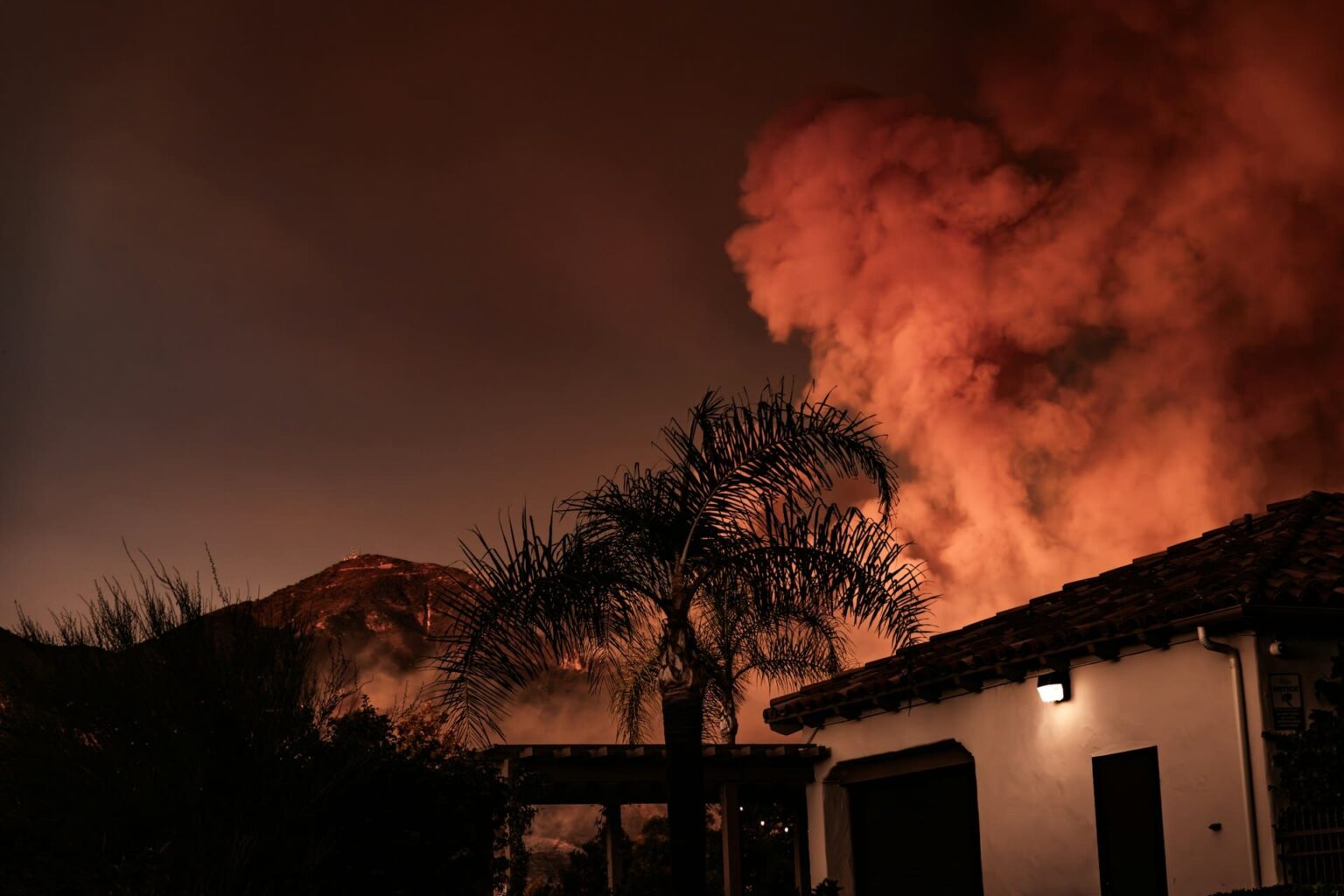The wildfires ravaging Los Angeles are not only destroying homes but also revealing a crisis in the city’s luxury housing market. The property once worth $5 million is now little more than a scorched patch of land, worth a fraction of its original price. For some, the consequences are devastating.
Uninsured losses and financial impact
For many homeowners, it’s not just the structure that’s lost, but the assets associated with it. Without proper insurance, rebuilding is nearly impossible. High premiums and limited coverage options have left many residents in fire-prone areas without insurance, a gamble that is now costing them dearly. Land that once supported multimillion-dollar estates is often worth less than $1 million after destruction, causing a sharp decline in value.
The knock-on effects of the Los Angeles wildfires on the market
The damage isn’t limited to individual homeowners. Property values in affected neighborhoods are declining. Developers may be hesitant to invest in redevelopment, leaving vacant lots and stalled projects in once-thriving areas. As demand for homes in high-risk areas weakens, nearby properties also lose value.
Buyers are becoming more cautious. The appeal of hillside mansions and secluded estates is waning under the weight of wildfire risks. Interest in safer urban areas could rise, changing the dynamics of the Los Angeles real estate market. Sellers in vulnerable areas now face an uphill battle, with fewer buyers willing to shoulder the growing uncertainty.
What this means for the future of Los Angeles
The wildfires raise a thorny question: Are rebuilding efforts in these areas sustainable? Supporters are pushing for stricter building codes, fireproofing materials and government-backed insurance options to stabilize the market. Without these changes, Los Angeles’ real estate market could experience long-term instability.

Los Angeles wildfires: Lessons for the nation
The challenges facing Los Angeles serve as a wake-up call for other areas of the country facing increasing natural disasters. As climate risks increase, housing markets across the country may need to rethink how to protect homeowners and ensure the long-term viability of communities.
For Los Angeles, the fire marked a turning point. How the city responds to these losses will affect the housing market for years to come. The question now is whether Los Angeles will adapt or repeat the cycle of loss and recovery.


